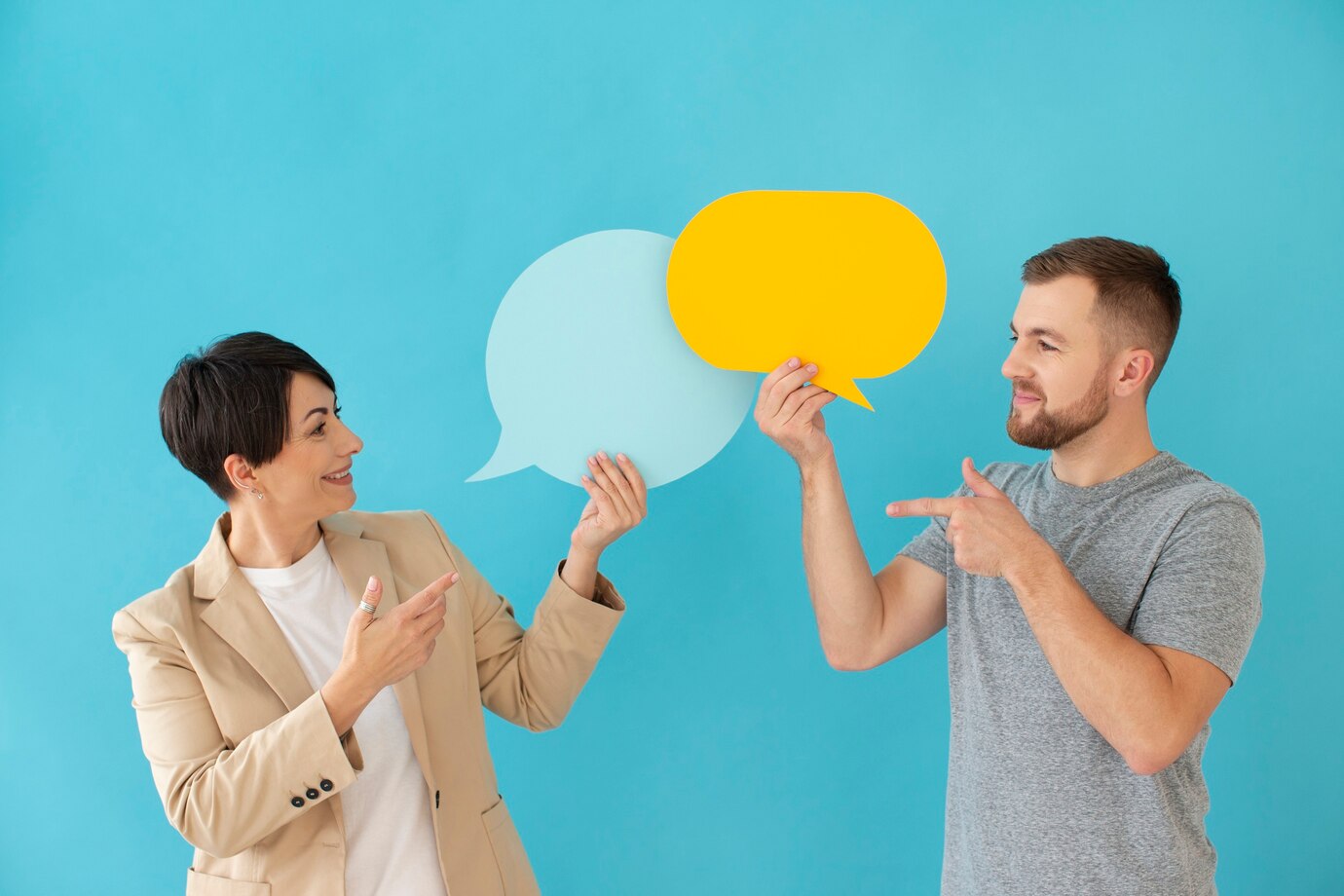Language is far more than a tool for communication; it is the bedrock of culture, identity, and human experience. The words we use not only convey meaning but also shape our perceptions, beliefs, and behaviors. In this article, we delve into the profound impact of language on shaping cultures, exploring how words influence thought, shape social norms, and reflect the values of society.
Language as a Reflection of Culture
Language is intimately intertwined with culture, serving as a mirror that reflects the beliefs, values, and traditions of a society. The vocabulary, grammar, and syntax of a language encode the collective wisdom, history, and worldview of its speakers, providing insights into their cultural identity and shared experiences.
Cultural Concepts and Linguistic Nuances
Different languages encapsulate unique cultural concepts and nuances that may be difficult to translate into other languages. For example, the Japanese term “wabi-sabi” embodies the beauty of imperfection and transience, while the German word “schadenfreude” captures the pleasure derived from the misfortune of others. These linguistic nuances offer glimpses into the cultural intricacies and values of diverse societies.
Language and Social Norms
Language plays a pivotal role in shaping social norms and behavior, influencing how individuals perceive themselves and others. The words we use to describe gender, race, and social status can reinforce stereotypes, perpetuate discrimination, or challenge prevailing attitudes and biases. By promoting inclusive and respectful language, we can foster a more equitable and inclusive society.
Language and Power Dynamics
Language is also wielded as a tool of power and control, shaping hierarchies, and exerting influence over social and political discourse. Those who control language have the power to shape narratives, manipulate perceptions, and shape public opinion. Conversely, marginalized groups may reclaim language as a form of resistance, asserting their identity, reclaiming their narratives, and challenging dominant power structures.
The Evolution of Language
Language is dynamic and constantly evolving, reflecting the changing needs, values, and priorities of society. New words emerge to describe emerging concepts, technologies, and social phenomena, while others fall out of use or evolve in meaning over time. The evolution of language reflects the ongoing evolution of culture, adapting to new realities and embracing diversity and innovation.
Harnessing the Power of Language for Positive Change
As stewards of language, we have a responsibility to wield our words thoughtfully and intentionally, recognizing the power they hold to shape perceptions and influence behavior. By promoting inclusive, respectful, and empathetic language, we can foster understanding, bridge divides, and build stronger, more cohesive communities.
Celebrating the Diversity of Language
Language is a testament to the richness and diversity of human experience, embodying the collective wisdom, creativity, and resilience of cultures around the world. By embracing linguistic diversity, celebrating cultural heritage, and promoting inclusive language practices, we can harness the power of language to build bridges, foster empathy, and create a more harmonious and interconnected world. As we navigate the complexities of an increasingly globalized society, let us recognize the power of language to shape cultures, bridge divides, and unite us in our shared humanity.

